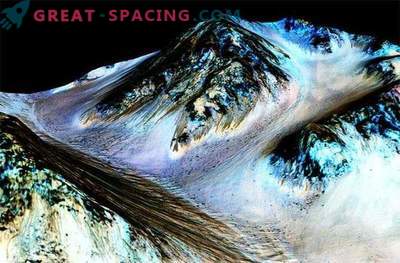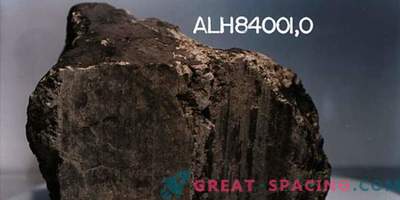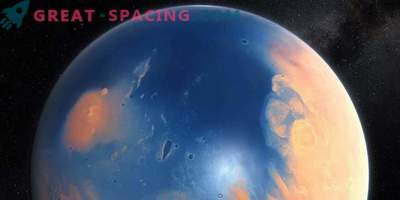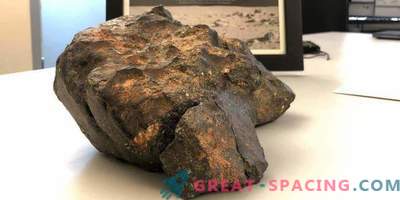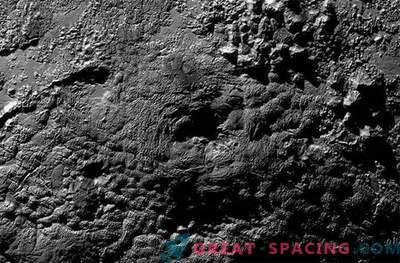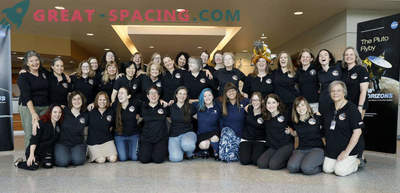
Scientists are finding more and more evidence in favor of the existence of salt water under the Martian glaciers. This increases the chances of finding alien life on the Red Planet. Some believe that there is a precedent on Earth that confirms this theory. Our planet has many fishes and insects living in salt water. If the same thing happens on Mars, then one day we will find living or petrified organisms.
One of the analyzes revealed the existence of terrestrial halophilic microbes adapted for survival in high salt levels. Earlier this year, researchers confirmed the discovery of traces of salt lakes at the south pole of Mars.
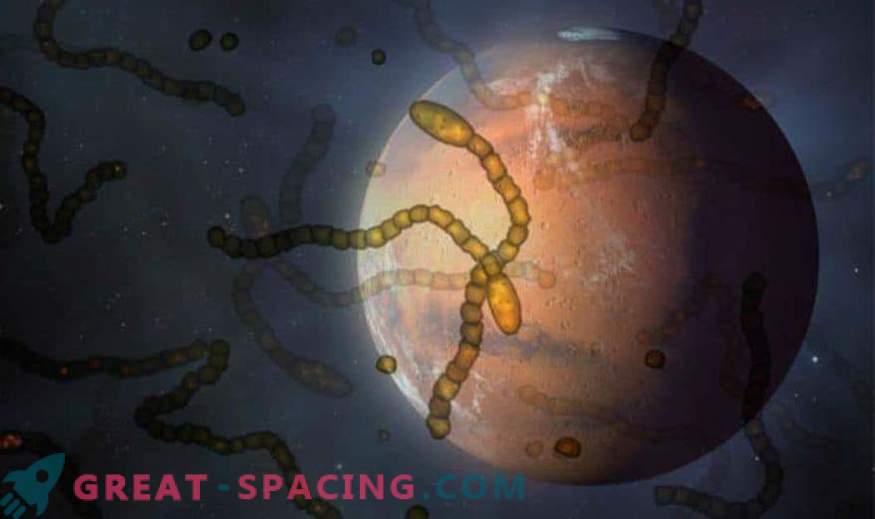
Some scientists believe that Martian microbes are capable of hiding in the salty glacial waters of the Red Planet
Scientists have long agreed that once Mars had a decent supply of water. But now there is no exact data that it still remains on the planet. It is about the elixir of life, which in various forms is present throughout the solar system. Moreover, water can be found even on the sun. But if it is on Mars, then in what form? Many agree that it is foolish to look for organisms, like fish, on the Red Planet, since there is no need for the development of food chains.
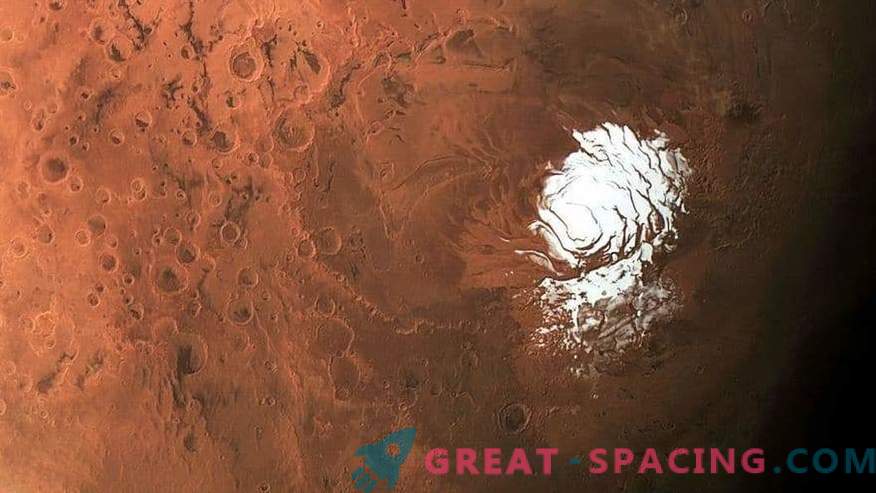
NASA found evidence of frozen ice on Mars
Much more likely to detect ancient microbes that have evolved in a more hospitable Martian past. There is also an option to find the earth representatives of the microbial world, left randomly by one of the previous missions. Some terrestrial organisms can survive at low temperatures. Therefore, the most likely examples are microorganisms that feel comfortable in an aggressive environment and do not need other organisms to feed.

Once Mars was rich in water in a liquid or gaseous state
Most likely, salt lakes act as conservation chambers, rather than conditions that thrive for development. However, some microbes are able to remain “in hibernation” for a long time. Perhaps, Martian organisms are just sleeping and waiting for when we find them and bring them back to life. In addition, it will be useful to find water reserves even in the form of ice, as they will be useful for the survival of future colonists.

